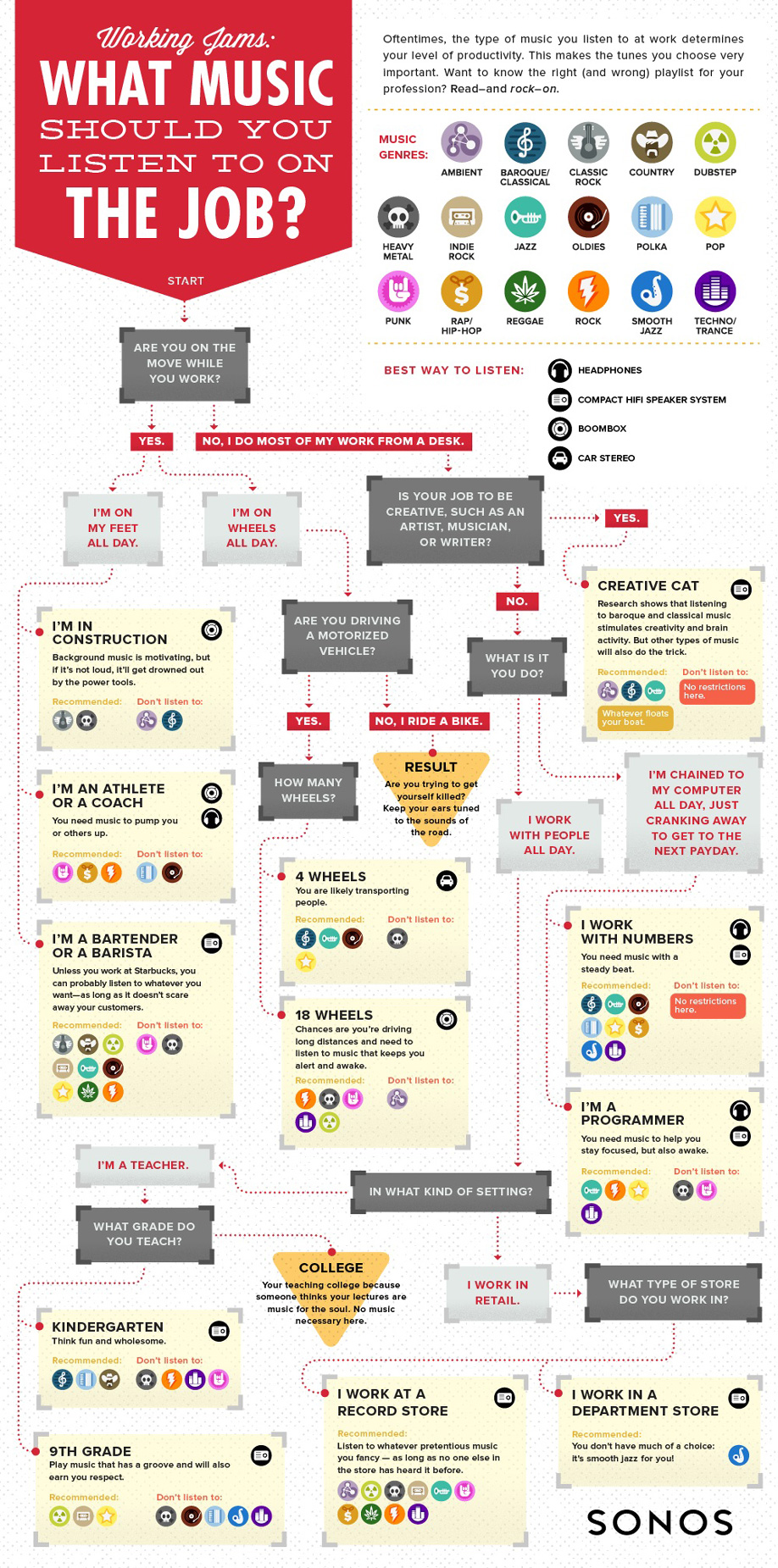There’s a fine line between believing you are right and whether it is true or fact!
Learn the difference!

There’s a fine line between believing you are right and whether it is true or fact!
Learn the difference!

Time, in the eyes of employers and associates, has never been so blurred.
The ability to meld your work and personal lives is just too easy to do and it has become taxing. Taxing to mental, physical and social health. Taxing to time you spend between your families and your projects. When employees work too many hours, they can grow tired and unproductive. But if they don’t work enough hours, they may feel disengaged, or not be used to their full potential (never mind their full salaries!).
The Problem
We are making it tougher for ourselves to segment what we should move from and move to. So in order to help us segment a little more, here is a new little infographic from onlinemba.com that asks about the relationship for American workers between working hours, happiness, income, stress, health, and wealth.
The Answer: Clock out on time!

**Stepping on my soap box**
Just a question!
Essentially, in many organizations, when anyone talks about talent management and employee engagement they speak of it as if the organization (meaning the leaders/executive team/CEO) are the ones that are behind it, need to support and encourage the efforts to address these efforts for employees. Because we all know that without a CEO or Division Leader’s approval nothing gets done right? yeah right?
Of course work gets done without some approval. And of course initiatives get executed in the front-line and middle management of a company.
Who needs buy-in?
However, sadly, many still preach as if you need and always have to gain, cite and seek executive approval and buy-in for everything.
So my question, “Can Executives do the REAL WORK of an organization?,” is truly asking, could work get done without a CEO? Could initiatives be executed without a President? Can decisions be made without a Divisional Leader?
When it comes to the “REAL” work
When it comes down to it, the real work of the organization is done by those who are face to face with everyday people.
Seldom do they take the time to find out, in a real and sincere way. However, many times, you as an employee are expected to provide all the details that are needed with little time, few resources and minimal detail.
What would an Executive do if they were A Team of One?
We are constantly asked to do more with less, but I wonder if those who ask that question could do the same? I would argue… Nope!
I have seen more and more organizations have this rule of “no administrative assistants allowed.” I can understand the logic. Limited budgets, tough but slow-growing economy. However, I rarely see the same sacrifice.
Probably close the door and cry in their office before starting to work on that ill-fated report that will show their lack of effectiveness?I often wonder if an executive could function without help. Someone to prep them for a meeting. A section leader to guide them as they walk in 10 minutes late to address their leaders. What excuses would be made when they failed to read the emails and no one was there to brief them because they don’t like or do not “have the time” to read said emails, communications, etc.
“I’m Too Busy” - A Sad Excuse
This statement eludes to the thought that they are special. It says that “Who I am and what I do, is more important than you!” and for some this is justified. But only some.
Yes, we are all busy and many executives are busier then most but that is no excuse to make others within your organization your administrative assistants. Because when it comes down to it, in many companies, that is the way employees are treated by any executive - “Just another person that can do the work “I” need them to do, versus what “IS” needed!”
I have seen this too often and keep hoping that I won’t have to see it again.
**Stepping off my soap box**
I love music. I especially like having music run in the background before meetings, training, and during breaks. It dislodges the silence, shifts the awkwardness of introductions and has the potential to remove the space we feel between each other when first meeting. But what is the right music for you?
